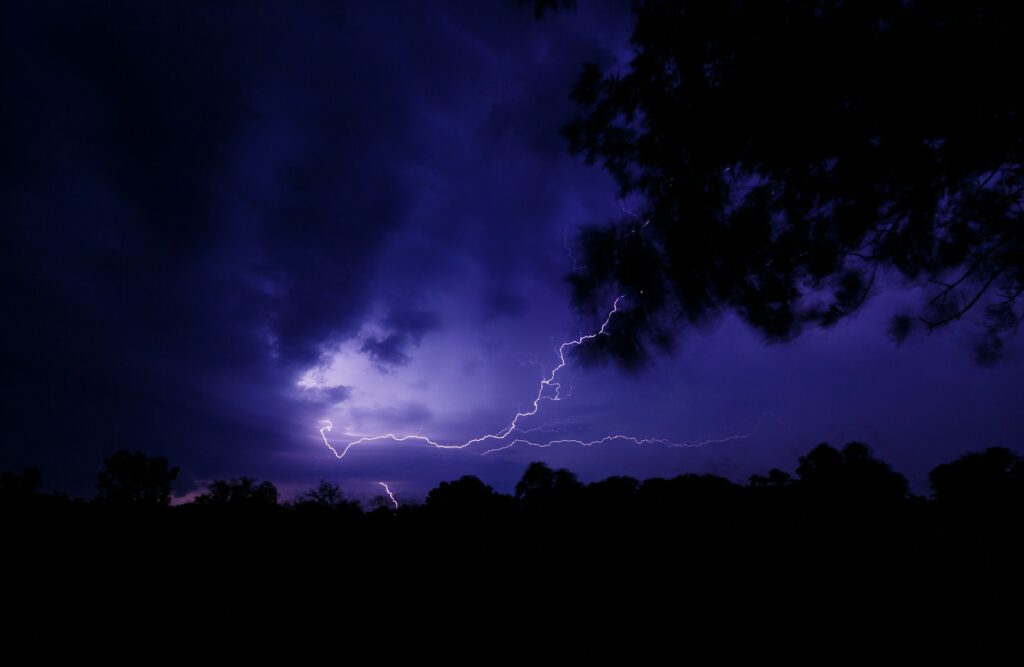Introduction: Welcome to your ultimate guide to the Sheffield weather forecast for the next 14 days. Understanding the weather patterns in Sheffield is essential for planning outdoor activities, events, or even your daily commute. In this comprehensive article, we’ll delve into the nuances of Sheffield’s weather, helping you prepare for whatever Mother Nature has in store.
Define Sheffield Weather
Sheffield, a city nestled in South Yorkshire, England, experiences a temperate maritime climate characterized by mild summers and cool winters. However, its proximity to the Pennines contributes to local variations in weather patterns, making accurate forecasts crucial.
Importance of Weather Forecasting
Accurate weather forecasts empower individuals and businesses to make informed decisions regarding travel plans, outdoor events, agricultural activities, and even energy consumption. By understanding the weather outlook, residents and visitors can better prepare for any potential disruptions or opportunities.
Types and Categories
Weather Patterns in Sheffield
Sheffield’s weather exhibits a variety of patterns, including sunny spells, cloudy days, rainfall, and occasional snowfall during the winter months. Understanding these patterns can help anticipate changes in temperature and precipitation.
Seasonal Variations
Sheffield experiences distinct seasons, with spring bringing milder temperatures and blooming flora, summer offering warm days and longer daylight hours, autumn showcasing vibrant foliage, and winter bringing cooler temperatures and occasional snowfall.
Symptoms and Signs
Identifying Weather Patterns
Observing changes in cloud cover, wind direction, and barometric pressure can provide valuable clues about impending weather conditions. Additionally, monitoring local weather forecasts and radar imagery can help anticipate changes in the weather.
Signs of Seasonal Transitions
Transitioning between seasons in Sheffield often manifests in changes in temperature, daylight duration, and precipitation patterns. Understanding these signs can help residents adjust their activities and attire accordingly.
Causes and Risk Factors
Factors Influencing Sheffield’s Weather
Several factors influence Sheffield’s weather, including its geographical location, proximity to the Pennines, and prevailing wind patterns. Additionally, global climate phenomena such as El Niño and La Niña can impact regional weather patterns.
Risk of Extreme Weather Events
While Sheffield generally experiences mild weather, it is not immune to extreme weather events such as storms, heavy rainfall, or heatwaves. Understanding these risks allows residents to implement appropriate safety measures and emergency preparedness plans.
Diagnosis and Tests
Meteorological Tools and Techniques
Meteorologists utilize an array of tools and techniques to forecast Sheffield’s weather accurately. These include weather satellites, radar systems, weather balloons, and computer models, which analyze atmospheric data to predict future conditions.
Forecast Accuracy and Reliability
Advancements in meteorological technology have significantly improved the accuracy and reliability of weather forecasts. However, inherent uncertainties in atmospheric processes mean that forecasts may occasionally deviate from actual conditions.
Treatment Options
Preparation and Mitigation Strategies
While it’s impossible to control the weather, individuals and communities can take proactive steps to mitigate its impact. This includes maintaining emergency supplies, reinforcing infrastructure, and adhering to weather advisories during extreme events.
Adaptation Measures
Adapting to changing weather patterns involves implementing sustainable practices, such as water conservation, green infrastructure development, and urban planning strategies that enhance resilience to climate-related risks.
Preventive Measures
Weather Preparedness Tips
To minimize the impact of adverse weather conditions, residents can take preventive measures such as securing outdoor belongings, trimming trees and shrubs, and insulating homes to conserve energy during colder months.
Emergency Response Planning
Developing comprehensive emergency response plans ensures that communities are equipped to handle weather-related emergencies effectively. sheffield weather 14 day This includes establishing communication channels, evacuation routes, and designated shelters.
Personal Stories or Case Studies
Community Resilience in Action
During periods of inclement weather, communities in Sheffield have demonstrated remarkable resilience and solidarity. From volunteering to clear snow-covered roads to providing shelter for those in need, these stories highlight the strength of community bonds.
Individual Preparedness Success Stories
Individuals who prioritize weather preparedness have shared their success stories, emphasizing the importance of planning ahead and staying informed. sheffield weather 14 day Whether it’s stocking up on essential supplies or investing in home weatherization, preparedness pays off.
Expert Insights
Meteorological Perspectives
Meteorologists specializing in Sheffield’s weather offer valuable insights into local climate trends, seasonal forecasts, and the factors driving weather variability. sheffield weather 14 day Their expertise informs decision-making at both individual and institutional levels.
Climate Change Implications
Climate scientists emphasize the need for proactive measures to address climate change’s impact on Sheffield’s weather patterns. By reducing greenhouse gas emissions and promoting sustainable practices, communities can mitigate future risks.
Conclusion
In conclusion, understanding the Sheffield weather forecast for the next 14 days is essential for planning and preparedness. By familiarizing yourself with local weather patterns, staying informed, and taking proactive measures, you can navigate Sheffield’s ever-changing weather with confidence.

